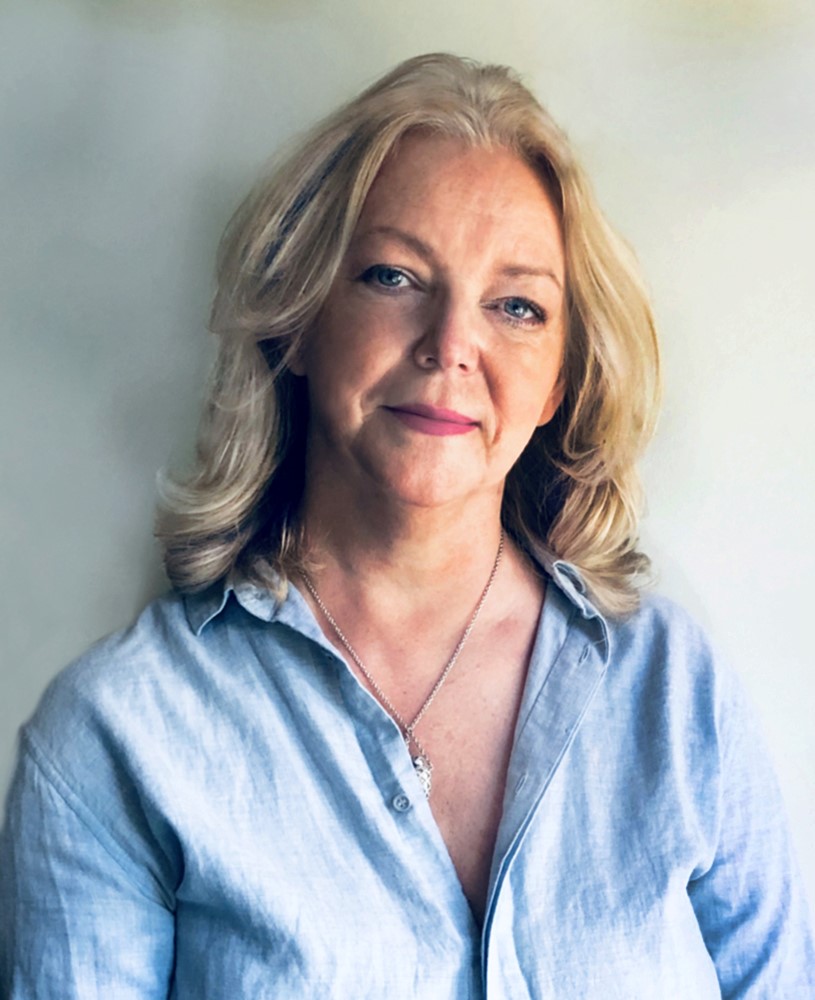
Jean Dean
Registered Member MBACP
Contact information
- Phone number
- 07802256521
Features
- Flexible hours available
About me and my therapy practice
I have extensive experience working in the mental health sector, supporting individuals through a wide range of emotional and psychological challenges, such as anxiety, depression, anger, and overwhelming stress.
Do you find yourself constantly worrying about things that are out of your control? Do your thoughts spiral into worst-case scenarios, leaving you feeling paralysed or anxious? Perhaps you’ve noticed you’re stuck in a loop of overthinking, struggling to focus or relax. Or maybe you’ve developed unhealthy coping mechanisms, e.g. turning to addictive behaviours, such as overeating, drinking, or excessive screen time, to escape uncomfortable feelings.
These are just a few ways stress and emotional difficulties can manifest. Many people also experience compulsions or feel trapped in patterns of avoidance, leaving them feeling overwhelmed and disconnected from the life they want to live. Others might battle with intrusive thoughts that come out of nowhere, leaving them feeling anxious or ashamed. If this sounds familiar, know that you’re not alone—and the good news is that help is available.
If you’ve been feeling like life is getting on top of you, Integrative Cognitive Behavioural Therapy (CBT) is a proven approach that can help you break free from maladaptive, unhelpful patterns. Whether you’re dealing with panic attacks, or find yourself feeling irritable and frustrated more often than you’d like, CBT provides practical tools to manage these symptoms and regain control over your life.
I’m here to help. You don’t have to wait until things get worse. Many clients say they wish they’d sought help sooner, and taking that first step was the hardest part. Don't delay!
I offer a free 10-minute telephone consultation to discuss what’s been going on for you and see if CBT is the right path forward. Take the first step towards better mental health and a more fulfilling life. Don’t let the chance for change slip by. Act now and begin the journey back to more joy
Practice description
I work online, using Zoom. While face-to-face therapy has many benefits, online therapy offers flexibility, comfort, privacy, and accessibility for clients with time constraints, who feel more comfortable in their home environment, people with agoraphobia, who find leaving home anxiety-provoking, or people with mobility issues.
Sessions last for a clinical hour (50 minutes), and there will typically be some homework to complete between sessions. Research shows that therapy is more effective when progress continues outside of our time together. These tasks, designed to complement the work we do in sessions, help you apply new skills in real-world scenarios and reinforce your growth.
A key part of the process involves psychoeducation, which provides you with the knowledge to better understand your thoughts, emotions, and behaviours. This may include listening to relevant podcasts or reading articles or books on topics related to your therapy. Engaging in psychoeducation can deepen your understanding of mental health and provide tools that empower you to manage challenges more effectively.
Other examples of work you might be asked to do between sessions include:
Keeping a thought diary, where you track negative or anxious thoughts to help us identify patterns and challenge irrational beliefs.
Practising relaxation or mindfulness exercises, which help you manage stress or anxiety in your day-to-day life.
Gradually facing feared situations as part of exposure therapy, to help you reduce anxiety around specific triggers.
Tracking behaviour patterns, such as avoiding tasks or procrastinating, so we can identify and change unhelpful habits.
By incorporating these tasks, whether through psychoeducation or practical exercises, you'll gain more control over your progress. Each session begins with a review of your homework—whether completed or not—as this opens up opportunities for further exploration in a positive and supportive space.
Sessions are tailored to your personal needs.
My first session
The first session is an important starting point in your therapy journey, beginning with an initial assessment. This is where you can share what’s been happening in your life and explain why you’ve decided to seek therapy now. We’ll focus on your current concerns, feelings, and goals, though your past will inform the process without being the primary focus. Our attention will remain on the present and what’s brought you to therapy now.
The assessment is a collaborative process, allowing me to fully understand your story. While much of your background may emerge in this session, it’s natural for more details to come up in the following weeks as trust builds. As you become more comfortable, deeper insights often surface, giving us a richer picture of your experience and allowing us to tailor our approach accordingly.
We’ll also use Anxiety and Depression scales to establish a baseline for tracking your progress. These assessments allow us to measure changes in your mental health over time, guiding adjustments to our approach.
Future sessions will explore both past and present experiences, with a focus on resolving current issues. Your past will help us identify patterns or triggers, however, the emphasis will be on improving unhelpful behaviours and emotional responses in the present moment, focusing on action for positive change.
Homework between sessions helps reinforce progress. This might involve thought diaries, mindfulness exercises, or specific tasks to help you reflect and apply what we’ve discussed in therapy. Research shows that actively engaging with these tasks accelerates progress and helps internalise new skills.
In summary, the first session begins a collaborative, evolving journey, laying the foundation for a more balanced, resilient life. Each session builds on the last, incorporating insights, deepening understanding, and adapting our approach to ensure progress towards your goals.
What I can help with
Addictions, Anger management, Anxiety, Depression, Eating disorders, Obsessions, OCD, Phobias, Redundancy, Self-harm, Stress, Substance Dependency, Work related issues
Types of therapy
CBT, Cognitive, Integrative
Clients I work with
Adults
How I deliver therapy
Long term sessions, Online therapy, Short term sessions, Telephone therapy
Languages spoken
English